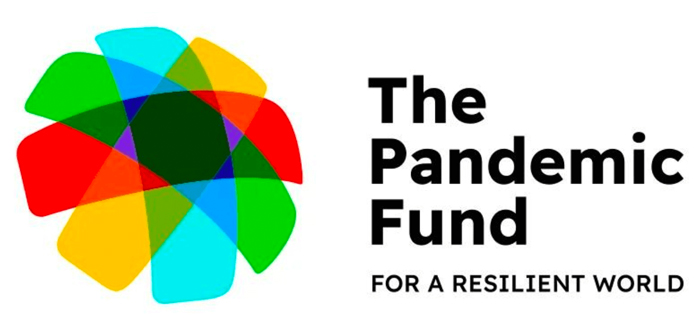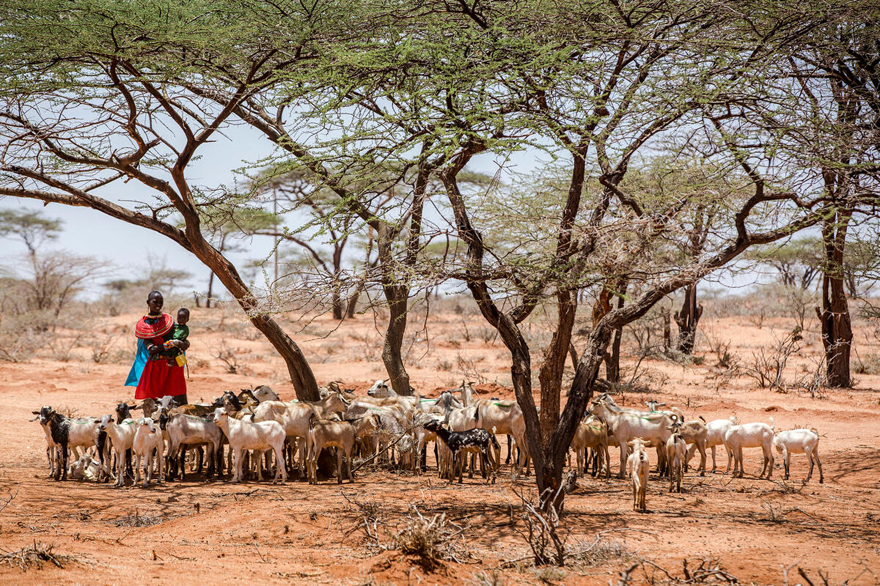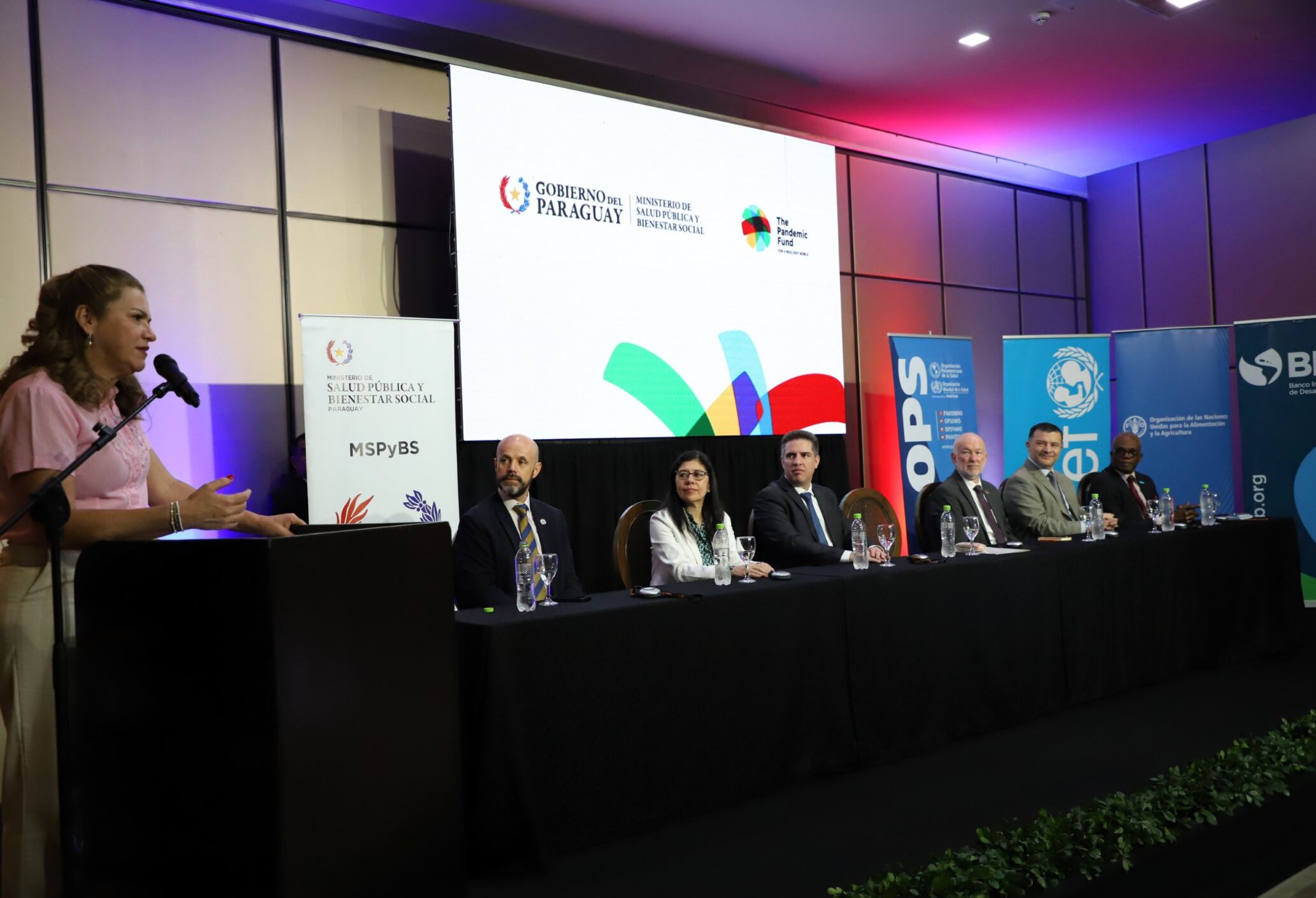
Strengthening One health preparedness and response capabilities against pandemics in five provinces of the Democratic Republic of Congo

In the face of recurrent epidemics and health crises, the Democratic Republic of Congo (DRC) is undertaking a transformative initiative to fortify its health system against future threats. By focusing on early warning mechanisms, laboratory upgrades, and workforce capacity-building, the project adopts a One Health approach to bridge critical gaps and enhance resilience in the provinces most affected by epidemics, including North Kivu, South Kivu, Ituri, Bas-Uele, and Sankuru.
Implementation and key components
FAO, WHO, and UNICEF will lead the project under the coordination of the Ministry of Health, Hygiene, and Prevention, alongside the Ministry of Fisheries and Livestock. Considering the size of the country, the interventions target the most vulnerable provinces with high pandemic potential to maximize the impact of the initiative.
Enhancing early warning and surveillance systems
The project will strengthen the Integrated Disease Surveillance and Response (IDSR) system, ensuring that both community-based and event-based surveillance mechanisms are operationalized effectively. Special attention will be given to surveillance at Points of Entry (PoE), where improved infrastructure and protocols will ensure timely detection of potential health threats. A centralized database will be established to enable streamlined data sharing and analytics across the human, animal, and environmental health sectors.
Expanding laboratory capacity
The project includes substantial investments in laboratory systems, focusing on genomic surveillance and biosecurity. Mobile laboratory units will be deployed to improve diagnostic coverage in remote areas, while existing laboratories will be upgraded to adhere to international biosafety and biosecurity standards. Efforts will also be made to establish an efficient specimen transport network, ensuring timely testing and analysis.
Strengthening workforce skills
To build a responsive and skilled health workforce, the project will deliver targeted training for healthcare workers, veterinarians, environmental specialists, and community health workers. The focus will be on enhancing field epidemiology skills, improving rapid response coordination, and fostering intersectoral collaboration. The training will address current gaps in pandemic response readiness, particularly in rural and underserved regions.
Expected outcomes
The initiative aims to establish an integrated and responsive health system capable of detecting and addressing public health emergencies promptly. Enhanced laboratory infrastructure and a skilled workforce will improve the country’s capacity to manage zoonotic and other epidemic-prone diseases. By aligning with International Health Regulations (2005) and improving coordination across sectors, the project will significantly boost the DRC’s Joint External Evaluation (JEE), SPAR, and PVS scores, reducing the socio-economic impact of health crises in the targeted provinces.
Implementing Entities
FAO, UNICEF, WHO
Priority areas
- Early warning and disease surveillance systems
- Laboratory systems
Total budget
USD 24,999,918.53
Total co-financing
(in kind and cash)
USD 1,602,401
Total co-investment
(in kind and cash)
USD 5,605,322
Find out more

Projects
The Pandemic Fund
FAO is co-leading the implementation of 32 Pandemic Fund projects worth over USD 165 million aimed to boost local and global health security.

Highlights
Global fight against pandemics gains momentum as projects launch with FAO support
The first of Pandemic Fund projects launched at national level, including Ethiopia, Paraguay, Central Asia countries, and Yemen.

